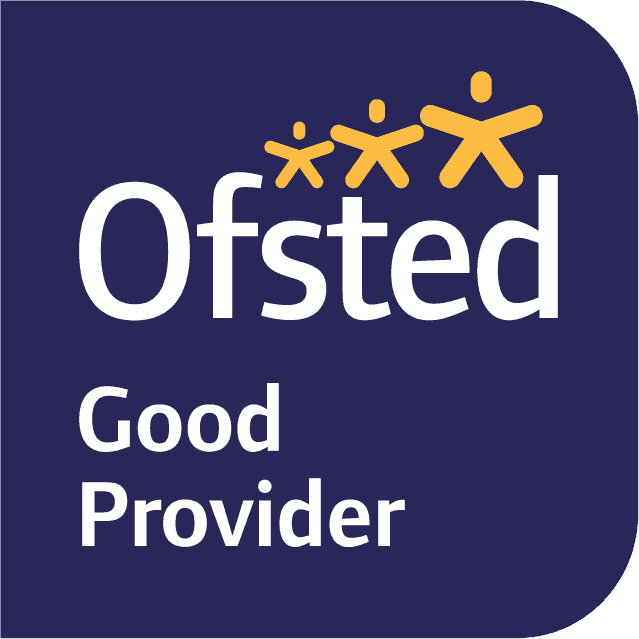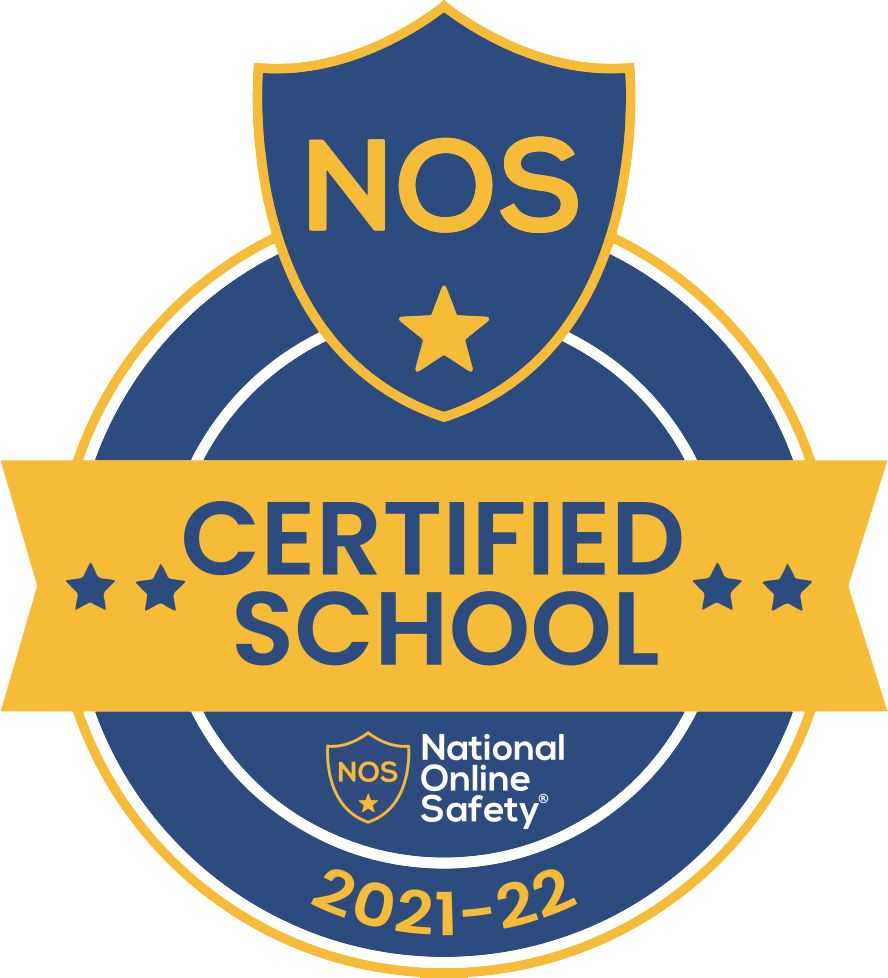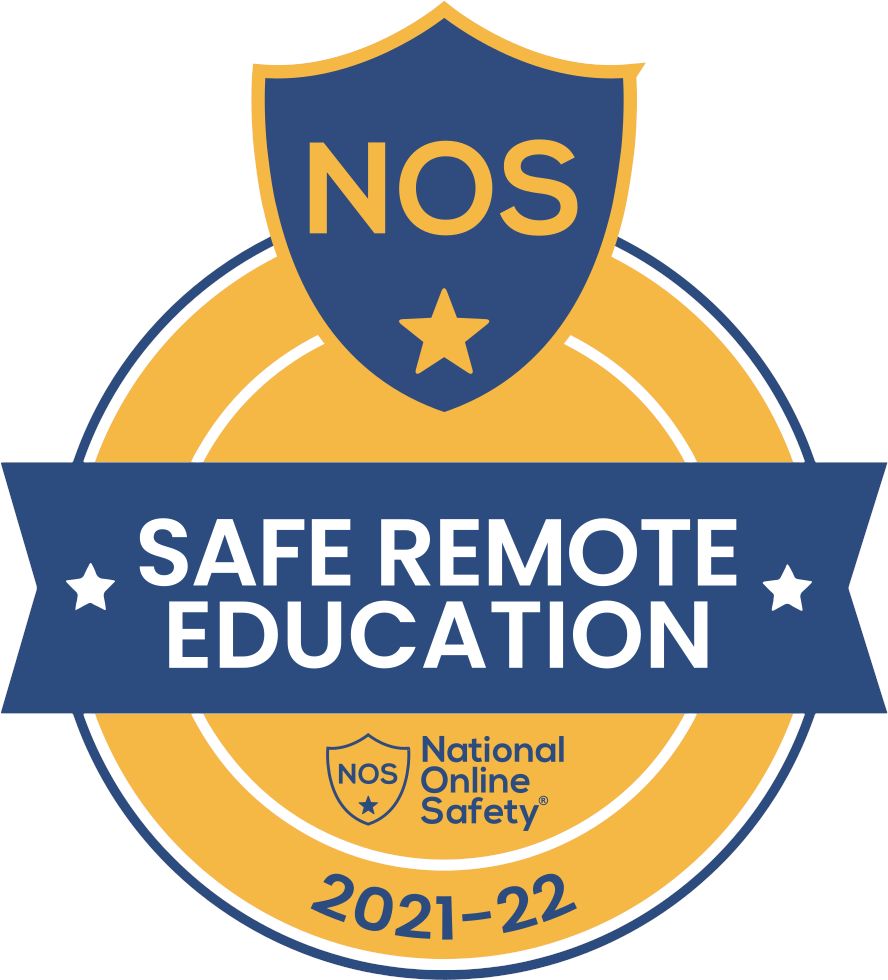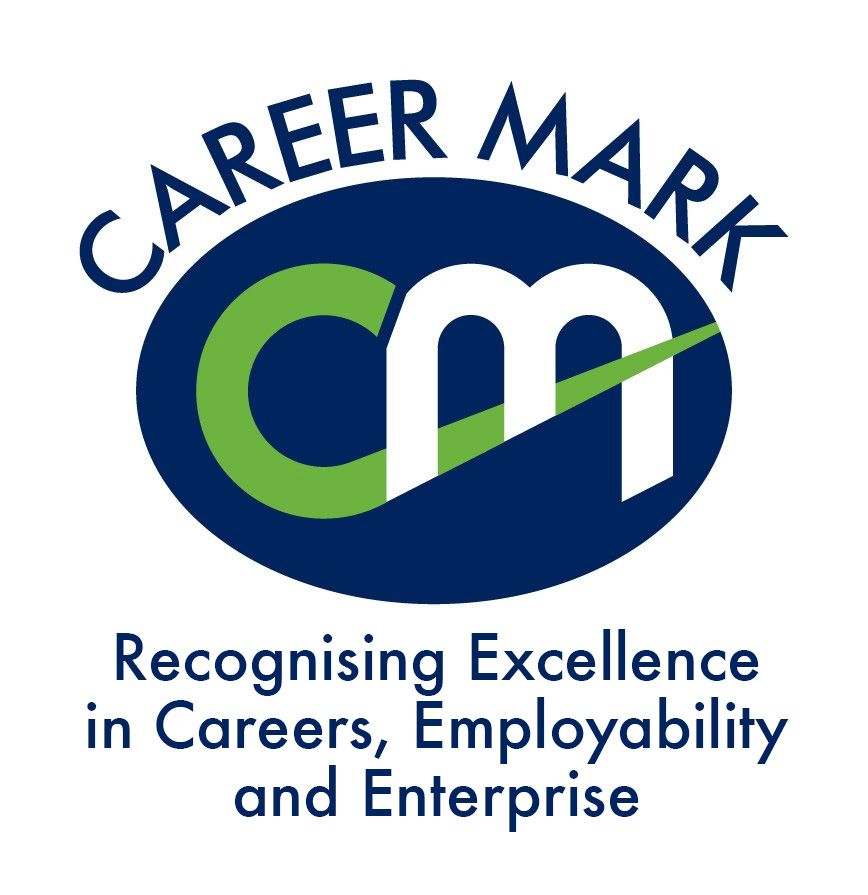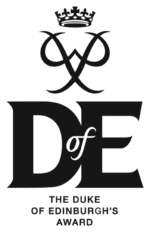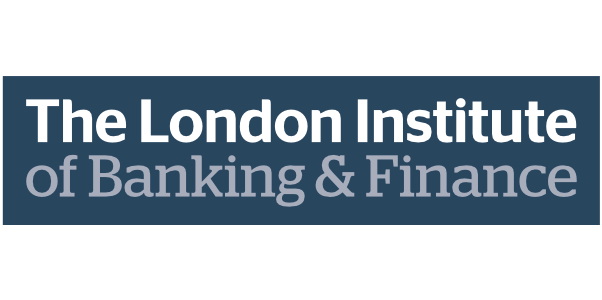Greenwood Academies Trust's Vision is to inspire and to ensure that every pupil thrives, makes excellent progress and succeeds.
Strategic Priority - Young People leave GAT able to succeed in life - Pupils leave a GAT academy with academic qualifications and wider skills, characteristics and experiences, which will help them to lead successful and healthy lives.
Kingswood’s Curriculum Intent:
To develop an aspirational, knowledge-based curriculum that is designed to give all pupils the knowledge, skills, cultural capital and character that they need to succeed in life.
Principles of design:
In order to achieve this our curriculum is designed around the following principles:
Aspiration – Intentionally exposing our students to, and engaging them in, a range of Aspiration and Career opportunities throughout our planned curriculum.
|
What: We intentionally expose our students to, and engage them in, a range of Aspiration and Career opportunities throughout our planned curriculum.
|
|
Why: We believe that we can significantly support our students by encouraging them to have even greater levels of aspiration. We further recognise that “You can’t be what you can’t see”. In 2019 Corby Kingswood ranks as the 2nd most deprived LSOA in Northamptonshire by Income / Education / Employment / Health / Crime and Housing. Nationally we rank in the 2% most deprived LSOAs in England in 2019. See Section 5. By having this as our first Principle of Design we are determined to encourage and support greater ambition in our students’ future employment, training and education choices.
|
|
Where
|
  All Key stages: All Key stages:
- Appointment of our Aspiration and Careers Lead.
- Achieving and maintaining Career Mark ensures challenge, compliance and external validation of our work
- All students have access to the Careers library / resources; an online Careers platform (Kudos / Launchpad) and support from Prospects
- Focus on Core Competencies in form time and lessons across the curriculum (as identified in the Medium Term Plans)
- Subjects across the curriculum have identified parts of their courses where there is a link with Aspiration and Careers i.e., jobs that fit with a subject e.g., an Archivist with History or a Fitness Instructor with PE and the Core Competencies (see below)
|
|
Y7 PSHE: Who am I? / Skills and talents / Like and Dislikes / What is a career? / Work-life balance / Core competencies / Digital communication / Creativity / Character / Wellbeing / Aspiration / Careers and the climate / Apprenticeships
Y8 PSHE: Work sectors / Careers and the future / Teamwork / Challenges and rewards of work / STEM 1 / STEM 2 / Resilience / What does success mean to me? / Problem solving / Organisation / Taking control of your career journey / Jobs and pay
Y9 PSHE: Making choices / Problem solving / Communication / Working and earning: managing your money / Labour market / Teamwork / Apprenticeships / 6th form college / T Levels and BTEC / Traineeships / University / Being an entrepreneur
Y10 PSHE: Reflecting on my career journey / Is AI a threat to jobs? / Employer profiles / In person, hybrid and remote – what works best? / Money talks: Apprenticeships and higher education / What type of career is best for me? / After school – learning pathways / Researching volunteering around the world / Wellbeing in the workplace
Y11 PSHE: Employability skills / Post-16 choices / Are A Levels right for me? / Decision – making: Key Stage 5 study / Exploring universities around the world
|
|
KS5:
- All students are offered UCAS support through our School Librarian and form tutors / Head and Deputy Head of Sixth Form
- A range of employers, Universities and further education providers present to students including those providers with knowledge of UCAS processes, student finance and student wellbeing / student visits to Universities
- All Year 12 students participate in work experience
|
Core knowledge – a minimum entitlement that all pupils will be required to know, grounded in the National Curriculum.
|
What: An entitlement that all pupils will be required to know, grounded in the National Curriculum, but unafraid to go beyond it.
|
|
Why: By rooting the curriculum in the solid consensus of the knowledge and skills that pupils need in order to take advantage of opportunities, responsibilities and experiences of later life, we can help to powerfully address social disadvantage.
|
|
Where
|
All Key stages:
- Our MTPs both define what we mean by Core Knowledge and provide the vehicle for clear identification of it in our planning
- The curriculum remains as broad as possible for as long as possible. Pupils study a strong academic core of subjects, such as those offered by the EBacc.
- There is high academic/vocational/technical ambition for all pupils, we offer this broad curriculum to all pupils including disadvantaged / SEND
- The Academy curriculum is ambitious and makes the study of Ebacc available to all Students whilst realising some students may have more success following an alternative route. We are delighted to see a sustained and significant increase in Ebacc uptake as we have strengthened staffing and outcomes in MFL.
- Inclusive planning grids help to ensure SEND students can access the knowledge and cultural capital. Careful provision mapping ensures SEND students receive the additional in class and out of class support required, priority for teaching assistance in lessons goes to EHCP students.
- There is an ambitious and carefully planned curriculum for students in the DSP and the vast majority of DSP students are integrated into the main Academy curriculum for at least one subject.
- Significant staff development time is planned into our calendar so that subjects have time to look at their curriculum for the coming term plan and adapt accordingly. In particular this is via our termly PCA (Pedagogy, Curriculum and Assessment) meetings.
- Through a combination of planned low stakes and high stakes assessment the Academy is increasingly helping learners embed and use knowledge fluently as well as to check understanding and inform teaching.
|
|
KS3:
- We offer a broad curriculum in KS3 with students experiencing the arts (Music, Art, Dance, Drama), languages (French, Spanish), humanities (Geography, History, Religious Studies) Computer Science / IT, technology subjects (Textiles, Food Technology, Technology). We have further adapted our curriuclum to support our context with Lessons in Financial Education, and First Aid.
|
|
KS4:
- Students continue with a core of English literature and language, maths, statistics, science and PE, and then select three further options.
|
|
KS5:
- The curriculum is further developed in our Sixth Form, where a broad range of academic and vocational qualifications are offered for example academic A levels, as well as Level 3 BTEC and CTEC qualifications which offer a more practical and industry related experience. At the heart of this personalised work is ensuring the right students are on the right courses. The careful alignment of students and courses, high quality delivery, and first-class pastoral care are key components of the Academy’s Sixth Form provision.
- We have introduced ESB Level 3 Award in debating, to further develop student’s oracy and thinking skills. We are also pleased to offer the EPQ.
|
Skills– the skills that pupils need in order to build upon, challenge and contest core knowledge so they can expand beyond their own experiences and "think the unthinkable and the not yet thought" (Young).
|
What: The skills that pupils need in order to support success in the curriculum and that help them to be successful in the future.
|
|
Why: We owe it to our students to help develop in them the skills to be successful in the future, in particular in the work place. Furthermore, by identifying the link between our planned subjects (a presentation in English / Geography etc) and skills that are being developed (e.g. Communication) then the curriculum that is being delivered is seen as of more importance in the student’s eyes. Staff too will be helped to see the link between their lesson and students’ futures.
|
|
Where
|
 All Key stages: All Key stages:
- To help our students to be successful we have worked with SEMPLEP to identify the Core Competencies that employers prize highly. These are increasingly embedded into our Medium Term Plans and are explicitly taught and discussed through the learning. This helps to contextualise the learning, making it relevant and engaging for learners. Our identified Core Competencies are:
- Communication
- Problem solving
- Resilience
- Initiative
- Organisation
- Teamwork
- Digital literacy
- Creativity
|
|
All Key Stages: See MTPs for all subjects
|
Developing cultural capital – broadening horizons and exposing pupils to the vast wealth of experiences in the wider global society be that the arts, music, sport, leadership opportunities and extra-curricular pursuits.
|
What: Broadening horizons and exposing pupils to the vast wealth of experiences in the wider global society be that the arts, music, sport, leadership opportunities and extra-curricular pursuits
|
|
Why: Cultural capital is intrinsically linked to economic and social capital. Access to economic and social capital allows greater access to cultural capital, as a side effect, cultural capital is often linked to social class and as a result reinforces social divisions, hierarchies of power and inequality within society (Pierre Bourdieu 1973). It is therefore our responsibility as educators to enable students “to be culturally literate is to possess the basic information needed to thrive in the modern world” Cultural Literacy (1988), ED Hirsch. Therefore, at KSA, we deliberately plan for opportunities within the curriculum to expose students to new thinking, ideas and situations that develop a greater understanding of the world enabling them to become well-informed individuals.
|
|
Where
|
All Key stages:
- Opportunities to develop cultural capital are purposefully planned into the broad and balanced curriculum in order that students can aspire to what they have experienced. These opportunities are clearly identified in our Medium Term Plans (MTPs).
|
|
KS3:
- Ensure that there is a cogent and embedded approach to acquiring new vocabulary across the curriculum, vocabulary associated with new ideas, situations and information that will be related to a range of activities.
- Provide opportunities to expand students’ horizons beyond the classroom with trips to the theatre, museums and via public speakers speaking on topics of contemporary significance
|
|
KS4:
- Build on the vast array of vocabulary laid down in KS3 through exposition of a wider range of cultural activities and learning about new thinking and ideas.
- Expose students to a range of oppositional and culturally diverse viewpoints and ideas (taken from across the globe) in order to push students understanding, vocabulary and questioning
|
|
KS5:
- Further develop students’ philosophical and critical thinking on an even more diverse range of global topics and new contexts, inspiring debate, questioning and continued development of high level vocabulary (University level).
|
Developing character – enabling our students to RISE. In particular developing our Core Values of: Respect, Independence, Service & Empathy
|
What: Enabling our students to RISE. In particular, developing our core values of Respect / Independence / Service to the Community / Empathy in everyone
|
|
Why: Our students need to thrive as individuals and members of society
|
|
Where
|
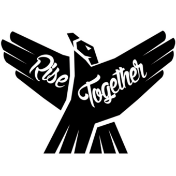 All Key stages: All Key stages:
- As part of a whole-school approach, the Personal Development programme develops the qualities and attributes of Respect, Independence, Service to the community and Empathy that all of our students need to thrive as individuals and members of society.
- Developing Respect through building positive relationships between adults and students
- Building Independence through embedding the Kingswood Learning Habits of: being in school on time; perfect uniform; being ready to learn; responding positively first time, every time and being in the right place, at the right time, doing the right thing
- Expanding our Service to the Community by providing opportunities to participate, such as the Duke of Edinburgh Award Scheme and growing the first school-based Emergency Services Cadet Force
- Developing students Empathy through reflection activities designed to encourage them to value the view-points of others whilst gaining more of an understanding of how to manage their responses to challenging situations.
|
|
KS3 & KS4:
- At KS3, our Inclusion Programme provides programmes of carefully planned and targeted support for identified students.
- All students participate in a very carefully planned and implemented programme of Personal Development.
|
|
KS5:
-
-
-
-
-
- PSHE- 6th form students follow a range of key topics in well-being, organising your finances, UCAS applications, university life and careers advice
- Enrichment – Students have a wide variety of enrichment opportunities ranging from guest speakers such as our local MPs to university and careers advisors.
|
Identifying and addressing context specific need – our pupils are unique and valued members of our community. As such they come with specific contextual needs which our curriculum will address e.g. Literacy, numeracy, oracy, health and finance issues.
|
What: Our pupils are unique and valued members of our community. As such they come with specific contextual needs which our curriculum will address.
|
|
Why: By tackling the significant contextual needs of our students, we can better equip them for a happier, healthier and more prosperous future
|
|
Where
|
All Key stages:
- Literacy is further promoted with subject specific vocabulary being identified in the planning that underpins the subject delivery across our curriculum.
- Pupil Premium Lead role established June 2020 to manage and deliver provision for disadvantaged pupils to work alongside the Deputy Principal overseeing PP.
- The Academy celebrates a love of reading through World Books Days, debating competitions, annual Spelling Bees, lunchtime topical chats and quizzes and book clubs for students of all ages. Older students in KS4&5 read with and support weaker readers in KS3 as part of our student mentoring programme.
- Prior attainment at KS2 as well as subject specific criteria are used for identification of HAPs. A comprehensive range of strategies have been developed including; high quality schemes of learning which build-in stretch and challenge, intelligent seating plans, differentiated success criteria, skilful questioning, PiXL Think Hard strategies, pre and post school lessons in English and Maths. Enrichment for HAPs includes the Brilliant Club, university visits and participation in university style workshops.
- Our curriculum is designed to address major issues of our context including life expectancy 6.4 years less than that of south Northamptonshire and the highest rates of pay day loan lending and the highest levels of personal debt in the UK.
|
|
KS3 & KS4:
- Students needing support with numeracy are identified in Y7 are taught by a primary specialist together with a primary-trained HLTA to allow them to catch up with their peers. They follow a bespoke scheme of work to bridge the gaps in their knowledge and understanding which includes ‘Direct Instruction’.
- Maths interventions, for example provision of scientific calculators and revision guides, tutor time intervention with HLLM & Primary Trained teacher.
- Through a partnership with an outstanding school serving a similar context to KSA, we have significantly modified our humanities curriculum in order to equip our students with the oracy and literacy skills they need to access the whole curriculum and underpin later academic success
- In response to our students being significantly below national average on entry in English the curriculum promotes a strong reading ethos rich in appropriate resources and utilising programmes to accelerate progress in reading. A range of clubs, events and mentoring further support this aspect of our curriculum.
- A primary trained colleague has been recruited to support nurture groups in literacy and numeracy.
- The Academy is creating a strong reading ethos whereby all students have access to a rich and vibrant resource of books used as part of the Accelerated Reader programme for years 7-9.
|
|
KS5:
- 38% of the current cohort are the first of their family to attend university. Partnerships with UoN, UoLeeds, and DMU assembly and seminar programme exposing students to the opportunities available when considering progressing to uni. Every student 1:1 meeting with UCAS coordinator to ensure that they are fully supported in their application. All students are taken to at least two UCAS exhibitions off site each year and Year 12 have a university week where all students get to experience university lectures delivered by lecturers throughout the week.
- Particular emphasis on Oracy; all students complete 16 week PiXL Oracy programme, with targeted students taking part in the ESB Debating qualification.
- Y13 Academic mentors are used to ‘bridge’ learning gaps and are as a first line of intervention for targeted Year 12s.
- Utilise NCOP funding to ensure those students eligible for it, receive a wide variety of opportunities. Including: ESB Debating Qual; Podiatry Work Experience; Residential Medicine Work Experience; subject specific university lectures; paid transport to University Open Days and the Young Doctors programme.
- Disadvantaged students supported onto programmes tailored to enhance access onto specific courses. Currently student on the Medicine Leicester Enhanced Access Programme (MedLeap)
- All Sixth form Bursary students provided with a laptop beginning of Y12. Online and in person subject lectures and course training is fully funded as are the course textbooks to all bursary.
- One student (LAC) currently accessing Vulnerable bursary. The bursary has been spent on course texts, laptop, internet access, trips, lunches and travel.
- All UCAS references include context specific information, invaluable to students in gaining contextual offers from universities including Leeds.
|
Learning is sequential – learning is carefully planned and sequenced to incrementally build long-term knowledge through spaced recall retrieval activities, developing cross-curricula schema, and preventing cognitive overload.
|
What: Learning is carefully planned and sequenced to incrementally build long-term knowledge through spaced recall retrieval activities, developing cross-curricula schema, and preventing cognitive overload
|
|
Why: By planning and sequencing we ensure that new knowledge and skills build on what has been taught before and help us to achieve our intent
|
|
Where
|
All Key stages:
- Curriculum development time has been given to long term planning of the curriculum as shown through the Learning Journeys https://www.kingswoodsecondaryacademy.org/page/?title=Curriculum+Overview+%28Learning+Journeys%29&pid=591 for all subjects shown on our website
- Staff training time has been and will continue to be given to allowing cross curricular collaboration so that staff are aware of when colleagues are delivering related content in another subject area.
- Students are supported to remember the long-term content they have been taught through every subject planning for revisiting, retrieving and interleaving both within and across subjects. These approaches support the integration of new knowledge into larger concepts.
- MTPs and PCAs support staff to consider – Why this unit? – Why now? – What went before? – What comes after? – When will it be revisited?
MTPs support staff to consider the sequence of learning within a particular unit / MTP through the order of the Key Questions
- Staff are supported and developed in their pedagogy e.g. development of DNA Activities at the start of each lesson, CPD Nuggets.
|
|
KS3/4/5: See relevant PCAs and MTPs
|

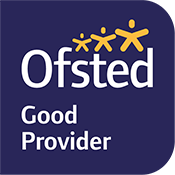

 All Key stages:
All Key stages: All Key stages:
All Key stages: All Key stages:
All Key stages: